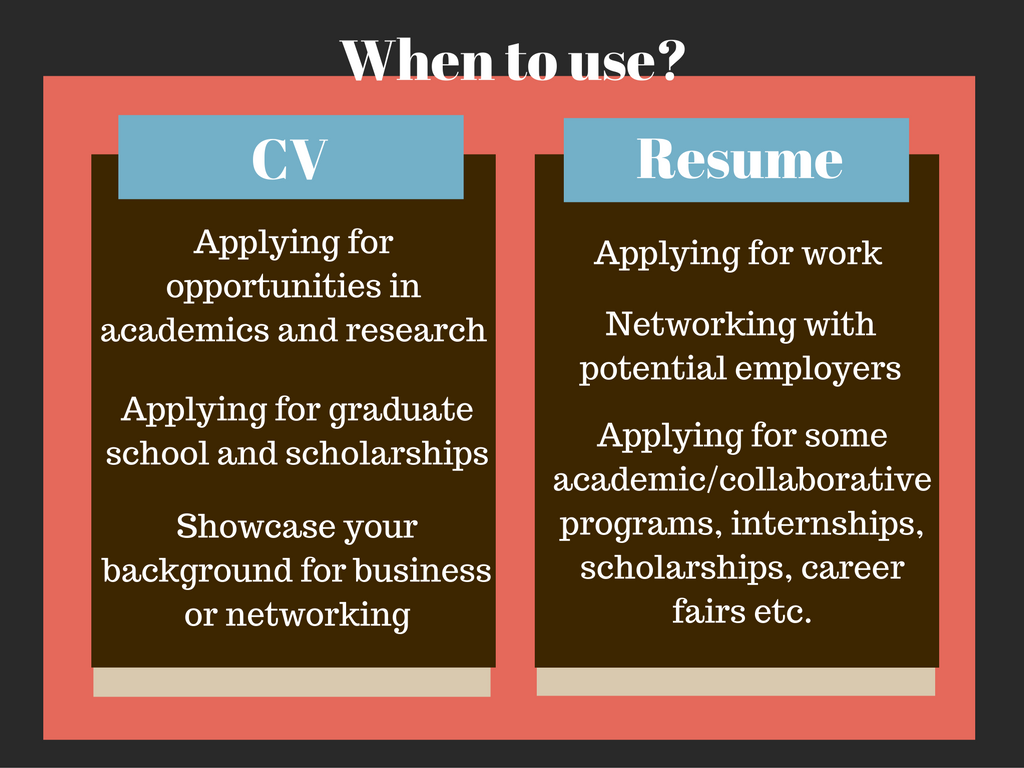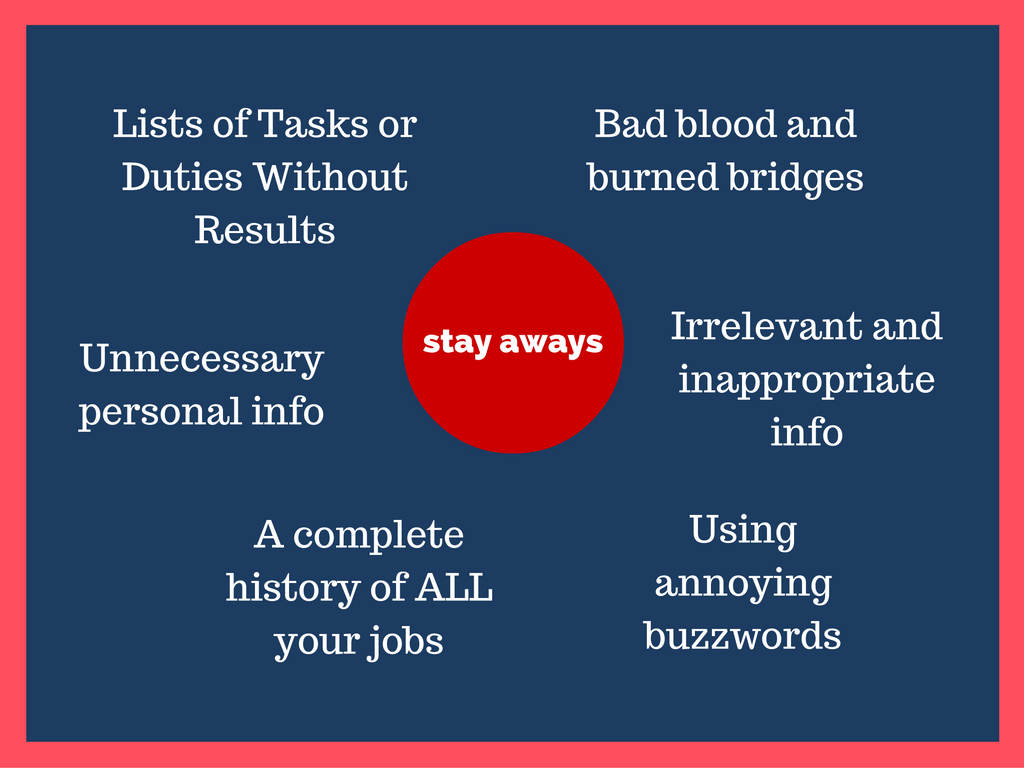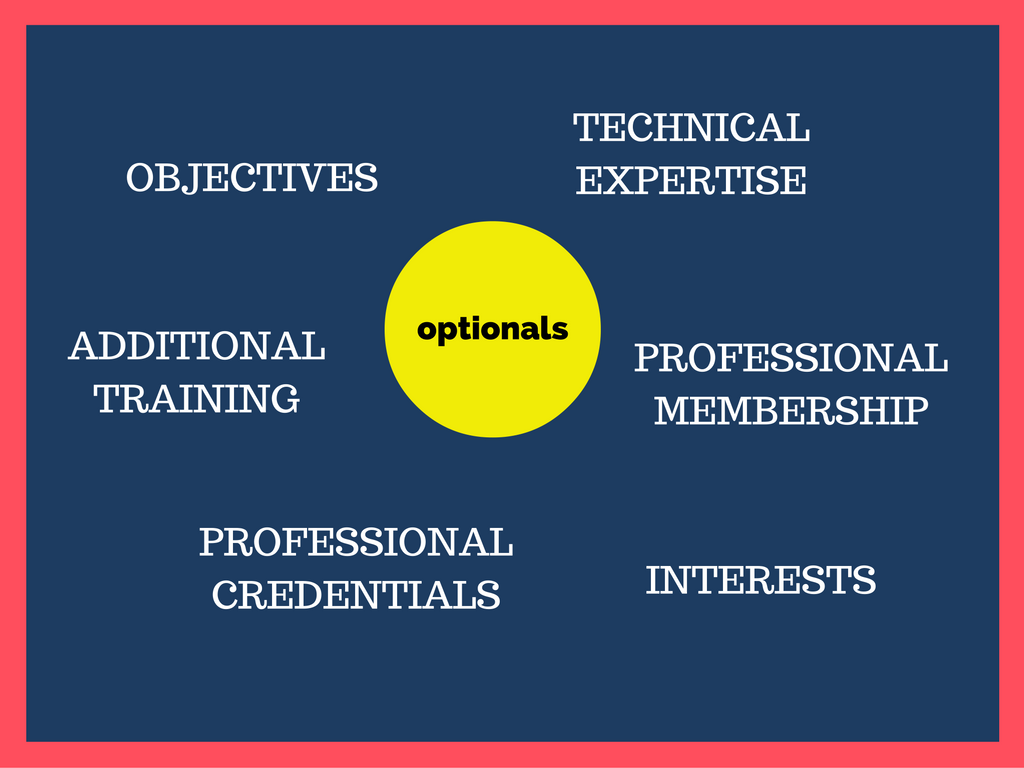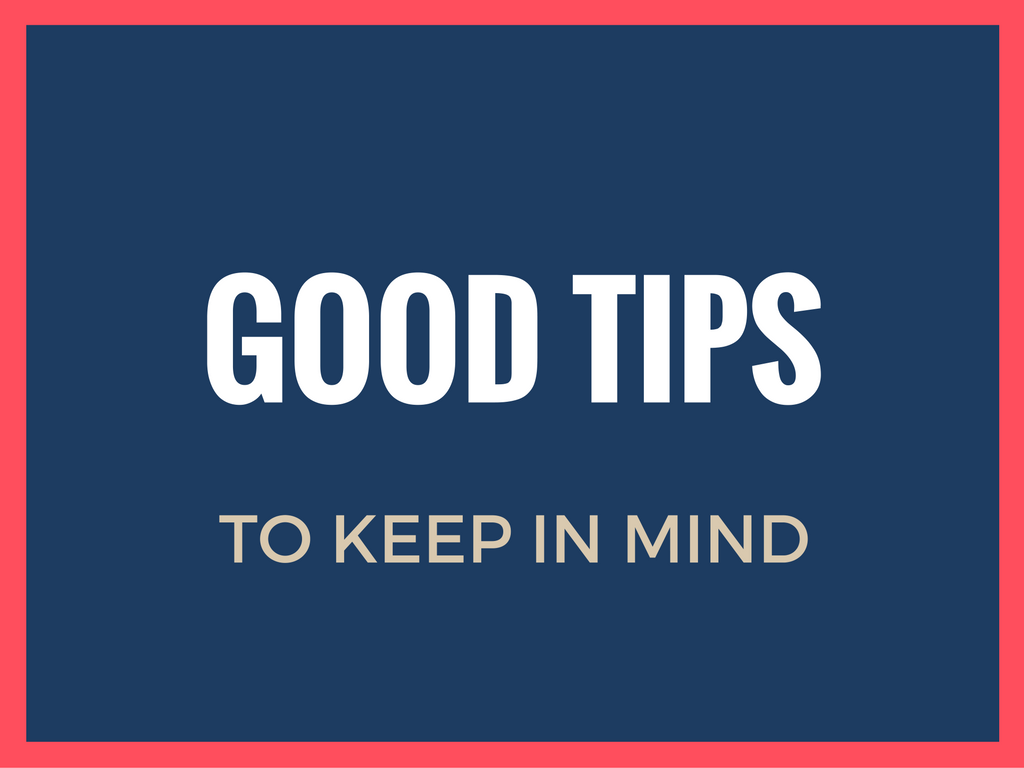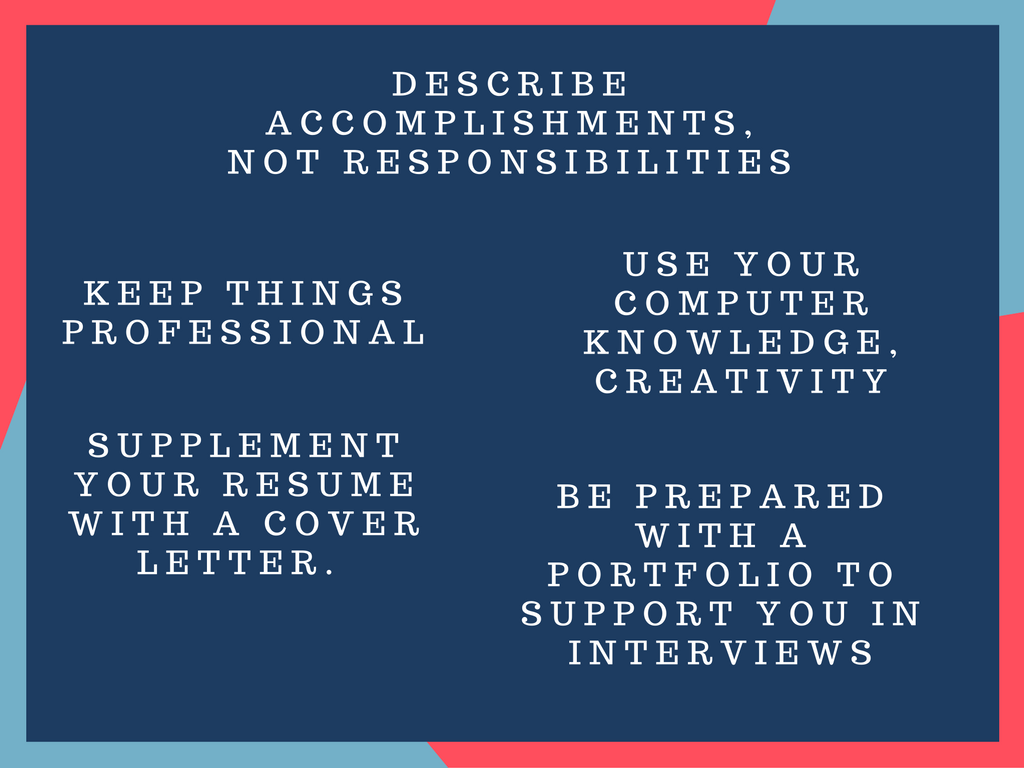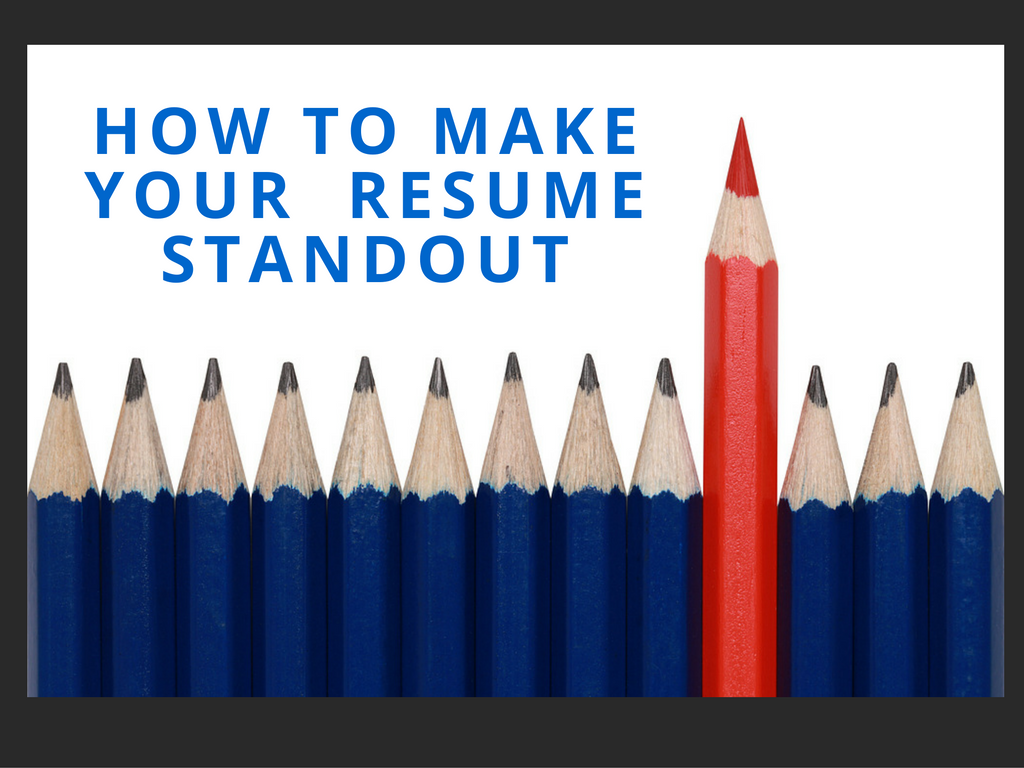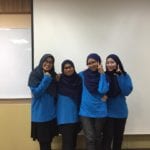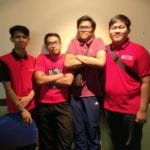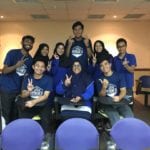The first thing a future employer sees of your skills and competence is through your resume. It should be a concise representation that will put you in a positive light and increasing your chances to be selected.
Resume is pronounced /ˈrezjuːmeɪ/ or simply RE-ZU-MAY.
Here is an introduction and some tips to writing your resume.
- How to shine among all others
- CV and Resume are not the same. Know the difference
- CVs are generally longer, while resumes are concise and to the point.
- Usage of both is also different. For fresh grads, resume is the way to go.
- As resume is what you will mostly use, lets review it.
- You don’t have much time nor space to impress, so manage your property (that is your paper property) better. Lets look at what goes into a resume.
There are the “must haves“, the “stay aways” and the “optionals“. The must haves are the information that is compulsory to have. You cannot leave these out of your resume. Contrary to this, the stay aways should be left out. The optionals are the ones you can either have or not, but use wisely to enhance your resume.
Personal information includes your contact information (address, phone, email) and other details that relates to the job you are applying for. Please remember to have a professional email address. An email address of ARahman@mail.com for example is multitudes better than jedimasterAR@mail.com. Be professional.
Education refers to degree,diploma and certificates. List your education credentials in reverse order; and include name of degree, name of institution and year achieved. No need to go so far back as high school when you have a degree. Note: remember that your transcripts tells a lot about you and your time management to a prospective employer. Why did you have to take that one particular subject 3 times?
Work experience is your experience in the real working world, no matter how small (especially if you are a fresh graduate). For fresh grads list out ALL your work experience: internship, part-time. But be sure to list your achievements at each job.
Accomplishments and competencies is where you show them your capability and your fit to the job you are applying for.
References are 2-4 people who know you and are willing to be contacted, from your education and work history. No friends or family. Be specific on your relation (e.g. my project supervisor).
Do not just say what you did at a job with on explanation of your achievements. Don’t list jobs but list what you accomplished in it.
Do not expose unnecessary personal information nor divulge anything that may conflict with the company’s vision and ethics. Never tell bad stories of people, employers or companies in your past. Have class and focus on the positives – your positives.
Avoid using buzzwords of your generation, which in most cases are not the generation of the interviewer or employer.
These are the icing on the cake. The extra bits that make you a better candidate than the guy sitting next to you (so to speak). If you are a member of IEEE or ACM, that is a good thing when you are looking for a job in the computing field. If you have credentials like CCNA, CISSP, CHFI or anything that shine a spotlight on your abilities.
Interests is a tricky bit, but used wisely can give you a win. If your interests or hobbies lie in-line with that of the company, you may become a favorite.
- Here are some good tips to help you design your resume.
Using social media like LinkedIn can be a wise move forward. It is also advisable for you to keep in mind what you write in your social media pages. Remember, a future employer can easily Google to find out more things about you. Will they find you favorable?
As resume is short, there is no reason why you can’t bring the attention of your future employer to more information about you in style. Usage of QR codes, montages, webpage, info-graphics are all creative outlet that you can and should explore.




